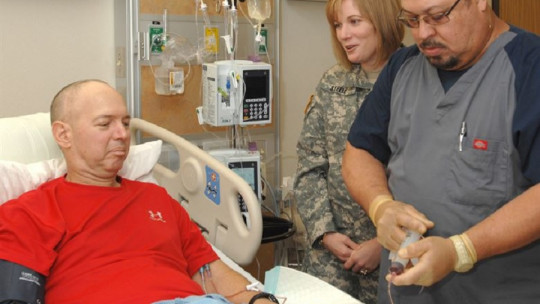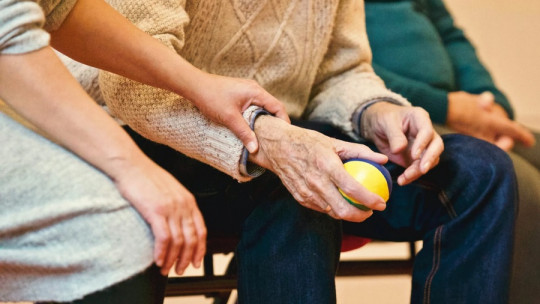
Around 85% of the population that is dedicated to caring for another person suffers from burnt out caregiver syndrome. They are usually family members, professionals or close people who live with the patient or people who care for someone who is very dependent both physically and mentally, for example, a patient with Alzheimer’s.
The caregiver burns out because he does nothing but live for and for that person, forgetting about his own life. This generates great emotional and physical exhaustion because there is a lot of fatigue, overload and stress.
Thanks to this care, the patient improves his health, but it is at the expense of that of the caregiver who, little by little, abandons himself until he reaches a point where he cannot take it anymore. This is in the event that the patient advances in his pathology. Then there is the other side of the coin where the patient does not progress. In this case, the degree of deterioration of the caregiver is even greater. And symptoms like those set out below begin to appear.
Symptoms of caregiver burnout
There are many ways for a caregiver to realize that they are burned out through signs on a physical, emotional and social level.
Physical symptoms:
Emotional symptoms:
Social symptoms:
How to avoid or how to overcome burnt out caregiver syndrome
To overcome burnout caregiver syndrome, you must first recognize the symptoms and accept that you have a problem. You must regain control and not abandon yourself. Ask for professional help, if you see it necessary, but remember that in order to take care of yourself, you first have to take care of yourself. So start with:
Life roles
Caring is an act of generosity and sometimes you feel so good about giving that you don’t realize how much you are involved in helping another person. The role of the caregiver is essential as well as invisible to society and many times to close people who do not realize the caregiver’s presence until one day they are gone.
It all starts when the caregiver neglects themselves and everything gets mixed up. There is no longer a personal life, a social life, or anything. Just care. There are no limits, no help. Everyone gets used to the caregiver being the eternal caregiver, but the caregiver feels stress and a great emotional emptiness that no one realizes. Then everything begins to falter because there is no longer a balance between physical, emotional and social health.
When a single person carries the weight of everything, the caregiver begins a process of emotional experiences that often does not know how to fit together. Most of the time he denies the evidence. Here physical and psychological wear comes into play that will end up affecting his mental health. The so-called “main caregiver” spends a large number of hours caring, which has led him to suffer from chronic stress and he according to scientific studies, has become a risk factor due to a great deterioration in cognitive abilities and may even suffer from dementia in the future.








